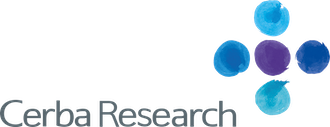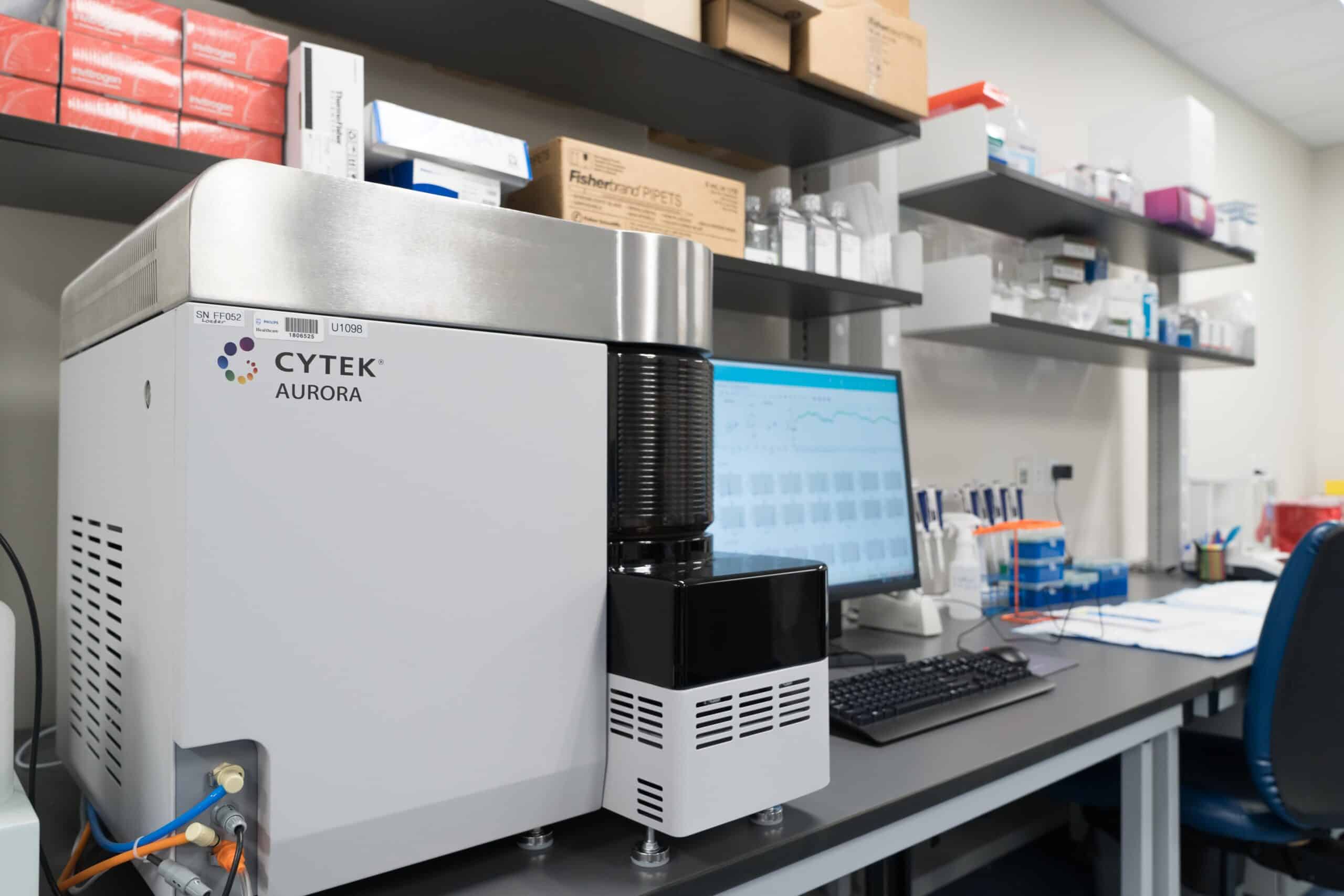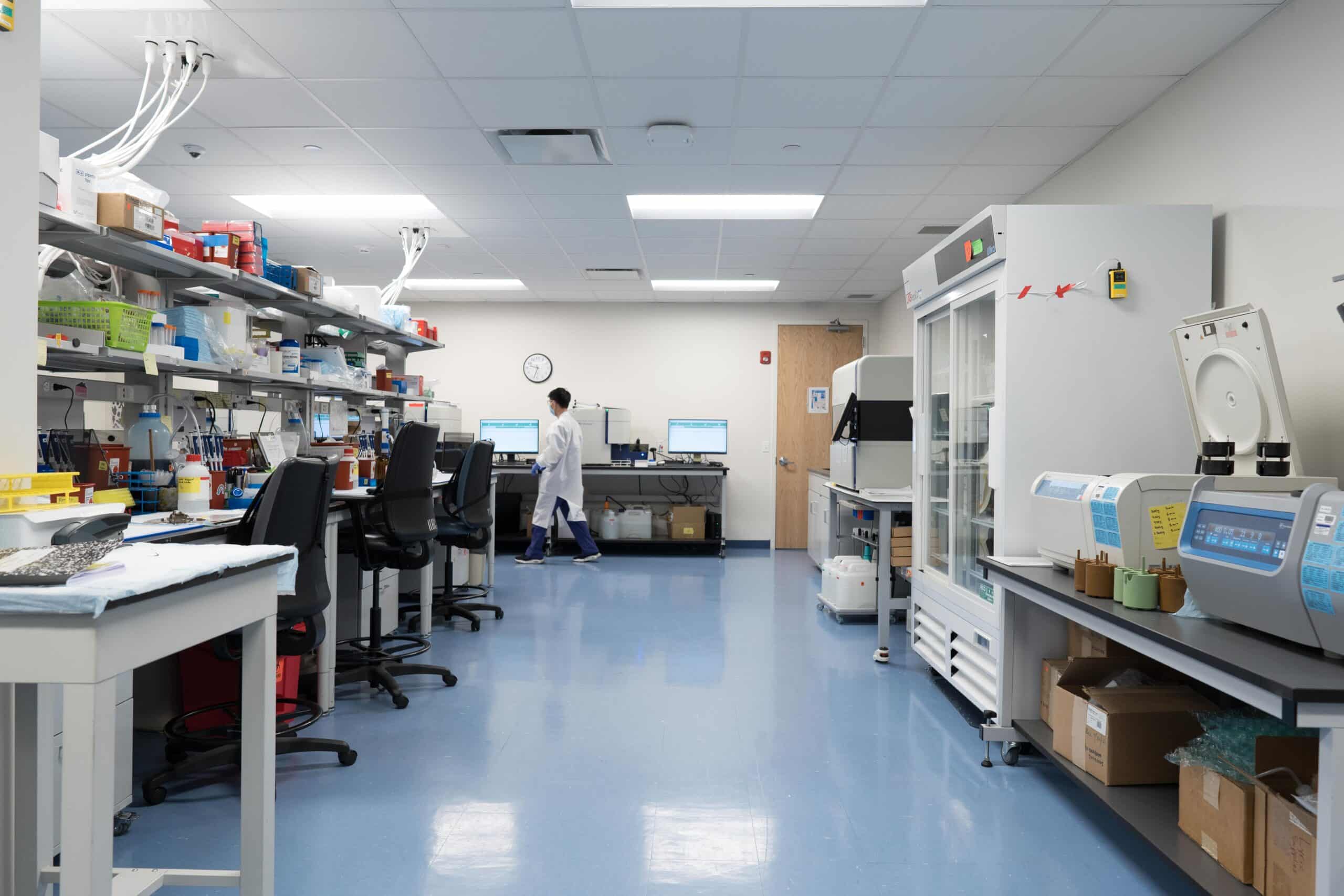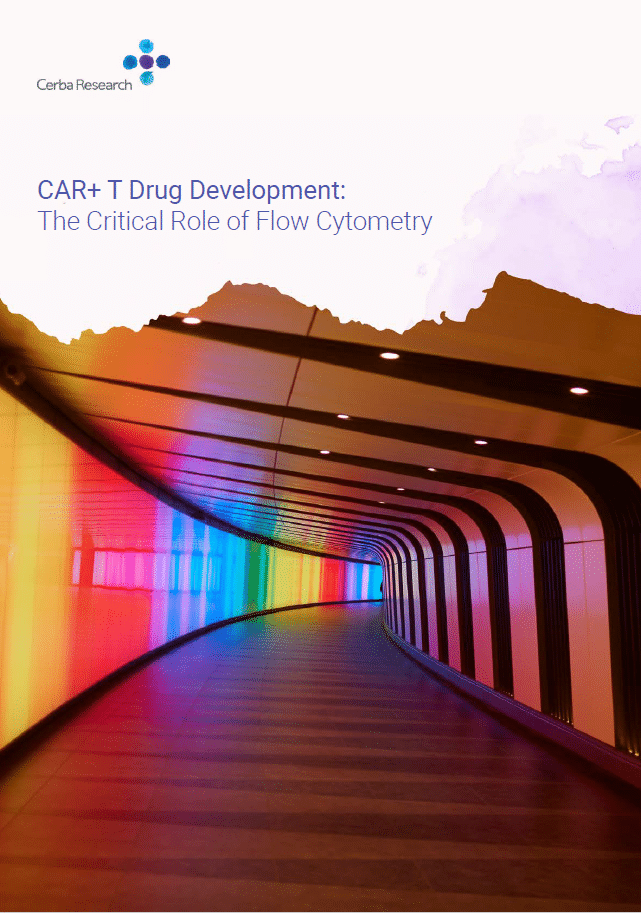In the rapidly evolving landscape of immuno-oncology research, Cerba Research has set a new standard with its latest project in collaboration with Slingshot Biosciences. This case study delves into the critical challenges and innovative solutions in the realm of flow cytometry and assay validation. At the heart of this groundbreaking project was the development of a Ki-67 expressing cell mimic, a crucial tool for advancing flow cytometry assays.
Overcoming The Scarcity Of Ki-67 Expressing Cells
Addressing a significant gap in the market, this collaboration aimed to overcome the limitations posed by the scarcity of Ki-67 expressing cells in standard biological samples. The synergy between Cerba Research’s expertise in clinical trial services and Slingshot Biosciences’ cutting-edge technology led to the creation of a custom-made Ki-67 cell mimic.
This solution not only met but exceeded the expectations in assay validation, showcasing a leap forward in flow cytometry techniques. This case study highlights the transformative impact of this project, marking a milestone in assay validation and flow cytometry applications in clinical research.
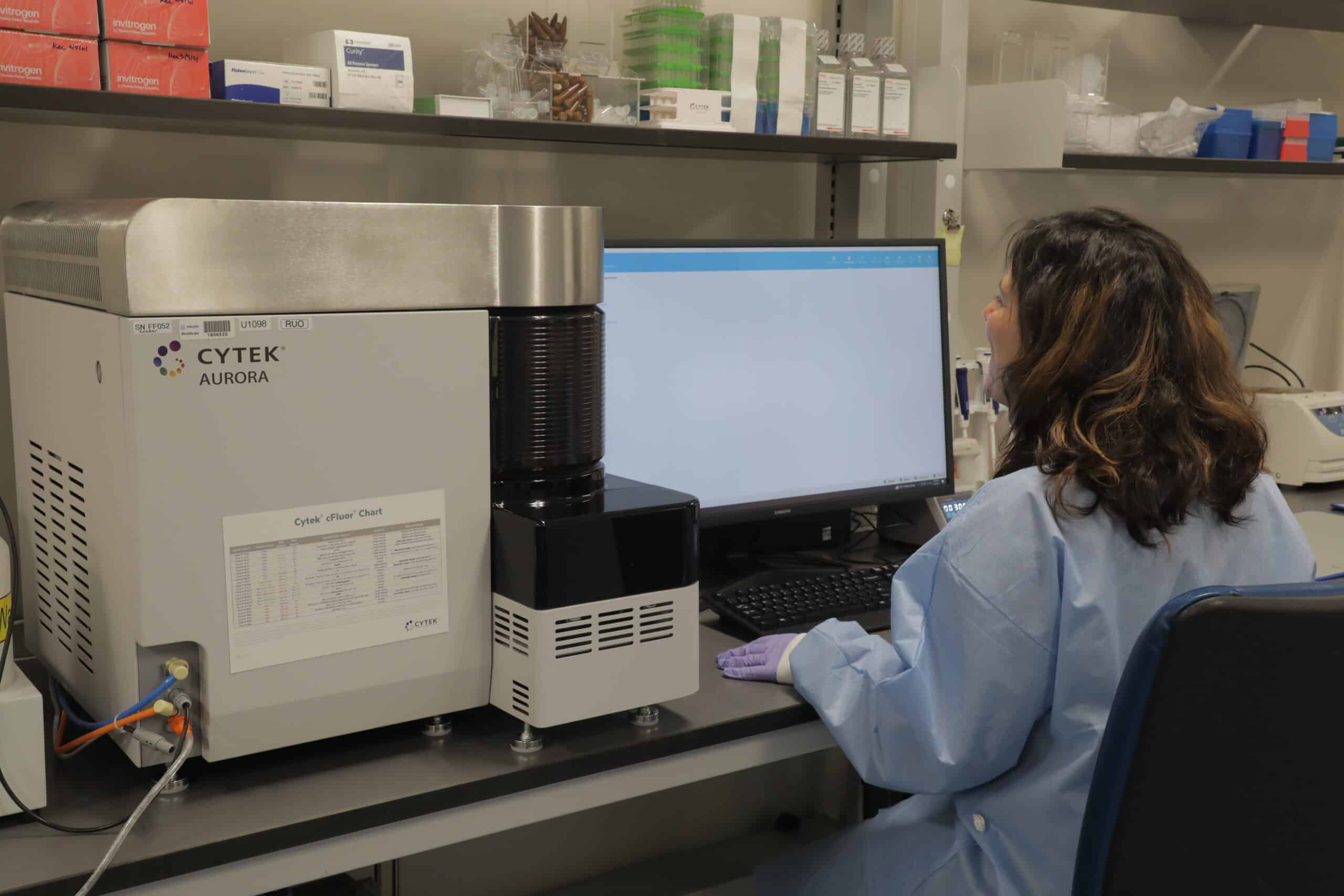
Case Study – Revolutionizing Flow Cytometry: The Development Of A Ki-67 Expressing Cell Mimic For Advanced Assay Validation

Reach out to our experts and see how we can transform research and advance health together
Contact Us